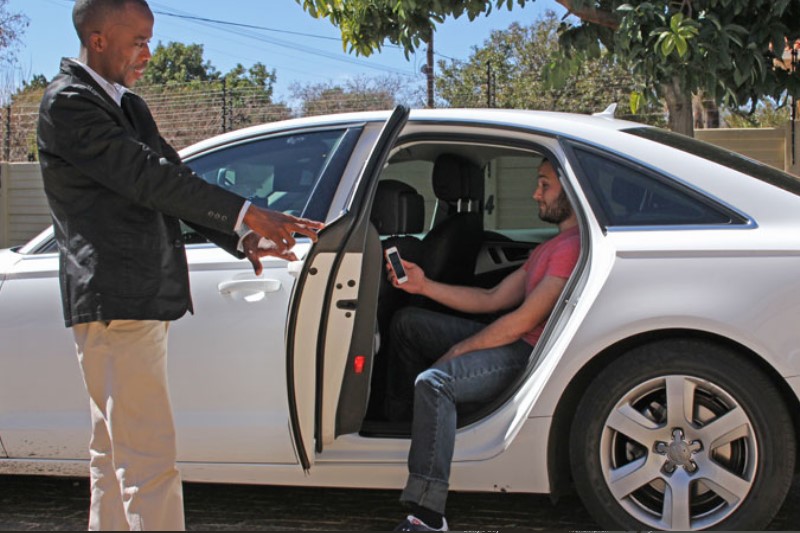The recent controversy over the impounding of Uber taxis in Cape Town highlights a new compliance challenge likely to surface around mobile apps that connect consumers with service providers, says Tamaryn Tesselaar of TNK Attorneys. “Uber’s popularity in Cape Town has increased exponentially owing to the affordability, user-friendliness and quality of its services. Uber is not a taxi operator however, despite the perception that it is.
Strictly speaking, it is just a platform that connects consumers with taxi drivers,” says Tesselaar.
“By law and in the interests of public safety, all taxi drivers must have a professional driving permit (PDP) and they must have an operating licence which authorises them to operate on a particular route. Failure to possess the requisite operating licence was the most likely reason for the festive season impoundment of Uber-affiliated taxis in Cape Town, and Uber can hardly complain if this was the case.”
There is a grey area around which licensing category an innovative service such as Uber’s should fall into, says Tesselaar. The National Land Transport Act makes provision for limited categories of vehicles which may obtain operating licences.
Uber would meet most of the requirements of a metered taxi, save that it does not calculate its fares using a meter, which is required by the law. Instead the fare is calculated on a predetermined distance using GPS co-ordinates.
Therefore, Uber model vehicles would not qualify for an operating licence. No doubt the law would be amended in time to accommodate this form of fare calculation, but in the interim, says Tesselaar, Uber should simply ensure that its partner drivers have metered taxi operating licences and use vehicles fitted with meters to calculate its fares.
Uber could simply inform the consumer, that the fare appearing on the Uber app is a quote or estimate and that the fare on the meter would be the actual fare payable at the end of the ride.
“I am certain that this interim measure would not impact on Uber’s bottom line” says Tesselaar. “It’s just a clever, but lawful, way to remain compliant and ensure consumers are not left stranded after an impoundment.”
Tesselaar says it is likely that more such cases will arise as growing numbers of apps come to market to connect consumers with service providers and naturally, legislation would often fall behind innovation.
“However, our legal system is fluid and progressive enough to catch up very quickly, to either accommodate the innovation or close the loophole, where the innovation seeks to exploit the regulatory environment to the detriment of the consumer,” she says.
The owners of the apps will not be the actual service providers, and the companies owning the apps may not be legally liable for any problems that arise involving the actual service provider. But in the eyes of the consumer, the company owning the app is the service provider. Consumers would do well to understand the difference, however, as consumers may be left out of pocket should they need to seek recourse.
Tesselaar says that while new business models such as online service platforms may be operating in a legal no-man’s land in some respects, common sense dictates that such companies should carry out due diligence on their partners or suppliers, and should have an in-house compliance officer to ensure that the company operates within the parameters of the law.

